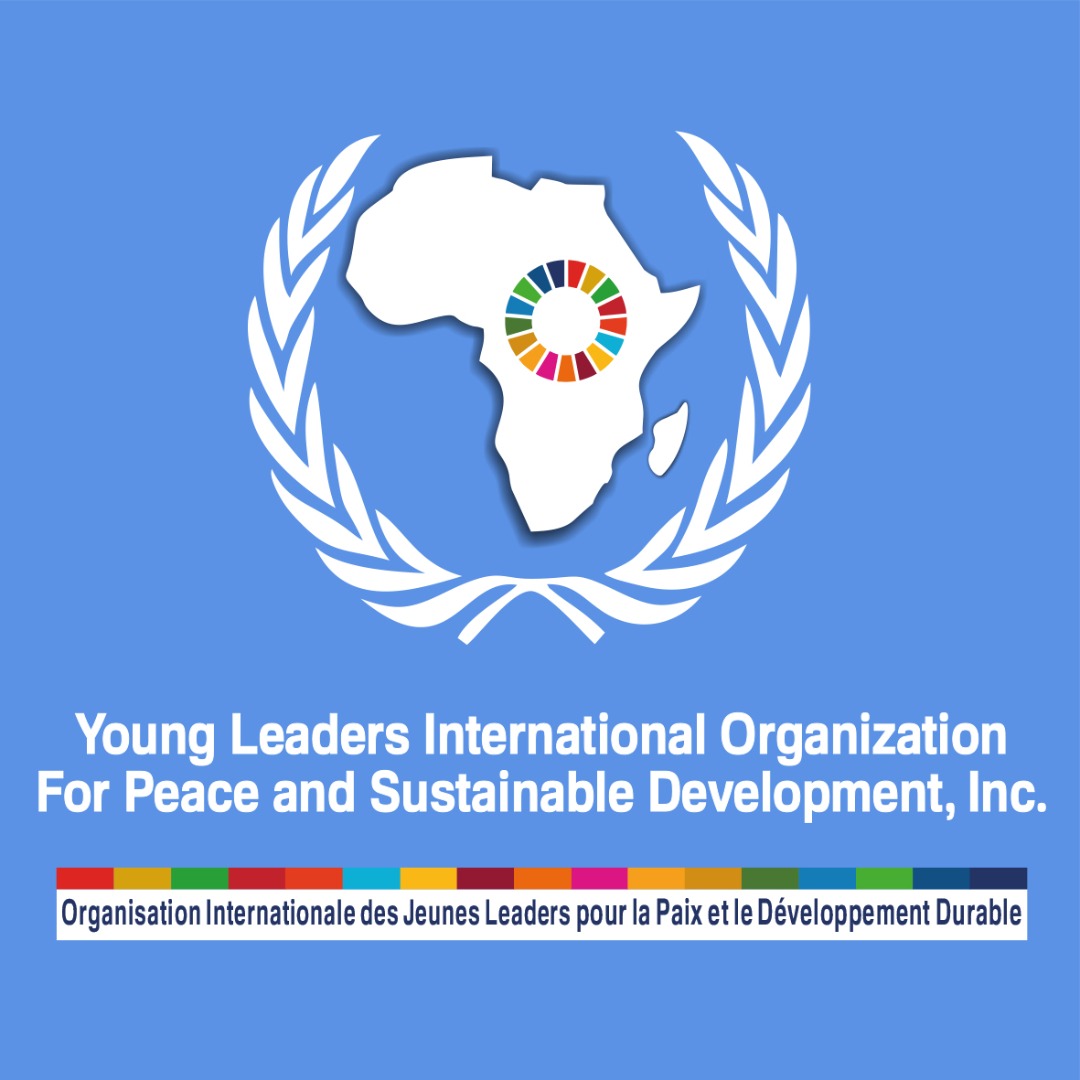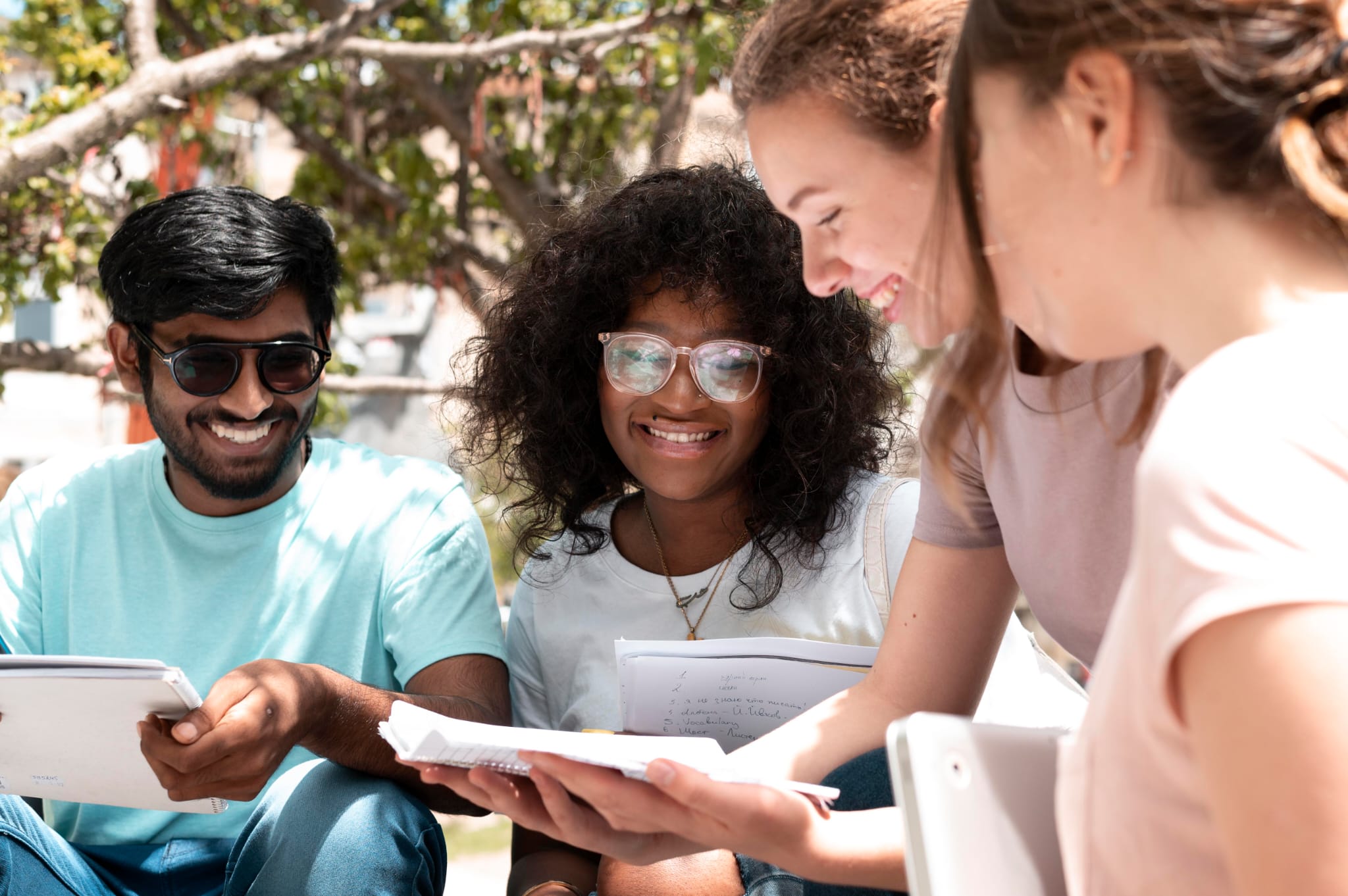


Education and health
Facilitate young people’s access to quality education and health servicesCollaborate with our organization's Member States and other partners to ensure universal access to quality education; develop and deliver inclusive and quality teaching programs for young people, centered on pupils and students, part of a logic of continuous learning, of real interest for their future, meeting the social, economic and environmental needs of their community and promoting development and sustainable lifestyles;
Support and improve youth policy frameworks for non-formal education and its role in developing the knowledge, skills and capabilities of young people;
Promote broad and genuine participation of young people in intergovernmental bodies, particularly those whose activities relate to the Sustainable Development Goals, in particular by providing solid and personalized support to our delegates and youth representatives in countries;
Take into account the specificities of young people as part of the support provided by the Organization to strengthen public health systems and support universal health coverage taking into account the social determinants of health and well-being among young people;
Guarantee young people's access to integrated sexual and reproductive health/STI/HIV/FP services adapted to their needs, within the broader context of universal health coverage;
Leverage the capabilities of YOUNG LEADERS INTL ORGANIZATION FOR PEACE & SUSTAINABLE DEVELOPMENT, INC. in terms of awareness-raising, social mobilization and programming in order to advocate for strengthening young people's access to sexual and reproductive health services adapted to young people, in particular girls and young women and focused on their rights as well as to comprehensive sex education;
Economic empowerment of young people and decent work
Improving young people's access to decent work and productive employmentAccentuate efforts to ensure young people's access to decent work by relying on innovative, scalable and evidence-based solutions and forms of collaboration to achieve positive results for all, at scale. local and global, including in the most precarious situations, particularly in this period of COVID-19 pandemic crisis;
Encourage governments and other partners to follow a balanced approach to stimulate demand for employment among young people and accelerate the improvement of vocational training systems, with the aim of facilitating professional integration and reducing the number of young people out of school and without employment or training, particularly among young women and disadvantaged youth;
Help African States create environments favorable to young people in terms of employment, including self-employment, as well as to develop and monitor strategies to improve the quality and quantity of youth employment through, in particular , private investment, economic policies and labor market policies, vocational training, the transition to a formal economy, social protection, respect for the rights of young people in the professional environment and active participation young people;
Allow young people entering the job market in an increasingly dynamic context to access integrated and adapted services and productive resources, such as land, financial, digital or technological resources, in environments as well urban than rural;
Help African states strengthen the capacity of the green economy to create more quality professional prospects for young people in terms of remuneration and self-employment.